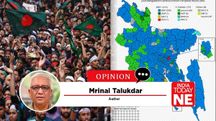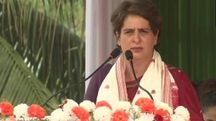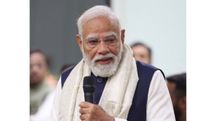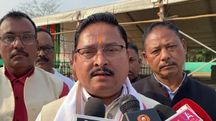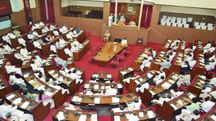Obesity overtakes underweight as India faces growing health crisis: UNICEF
Obesity has become a bigger health issue than underweight in India, says UNICEF. Experts warn of rising risks of diabetes and heart disease due to lifestyle changes
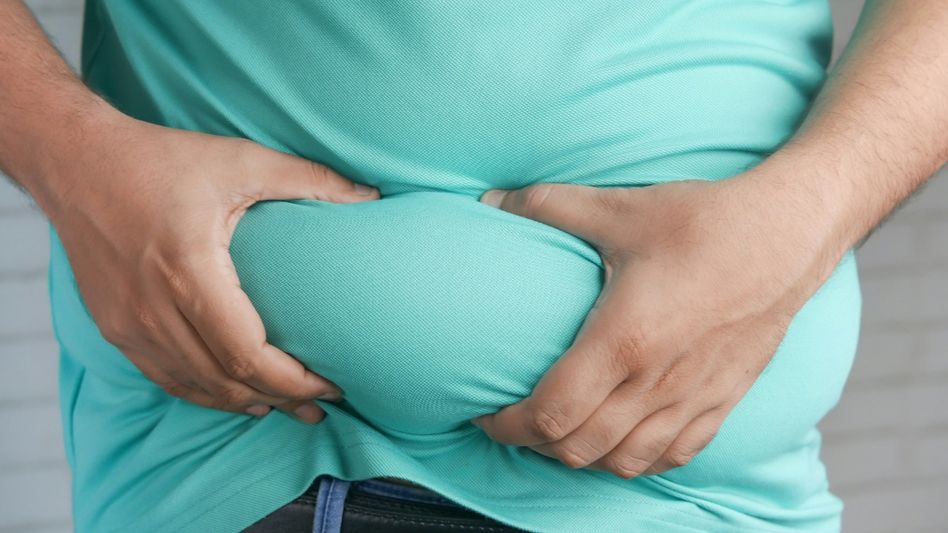
India is facing a fast-escalating obesity crisis, with experts warning that poor diets and sedentary lifestyles are pushing the country towards a major public health emergency.
According to UNICEF’s Child Nutrition Global Report 2025, obesity has, for the first time, overtaken underweight as the most common form of malnutrition among school-aged children and adolescents worldwide. Nearly 188 million children globally now live with obesity, and India is projected to have over 27 million affected children and teenagers by 2030 — about 11 per cent of the global burden.
Data from the National Family Health Survey shows alarming increases across all age groups. Among under-five children, obesity prevalence has jumped by 127 per cent since 2005-06. Among adolescents, rates have more than doubled in girls and nearly tripled in boys. Adult obesity is also surging, with cases rising by 91 per cent among women and 146% among men.
Experts blame the rapid rise in consumption of ultra-processed foods (UPFs) and sugary drinks, combined with increased screen time and reduced physical activity. Retail sales of UPFs in India grew at a compound rate of nearly 14 per cent between 2011 and 2021, replacing traditional diets rich in fruits and vegetables.
“India is beginning to face the triple burden of malnutrition — stunting, micronutrient deficiencies, and obesity — sometimes within the same family,” said Marie-Claude Desilets, Chief Nutrition at UNICEF India, during a national media round-table on healthy diets.
The economic impact is equally severe. Obesity-related costs were estimated at USD 29 billion in 2019, or 1 per cent of India’s GDP. Without intervention, this figure could reach USD 839 billion, or 2.5 per cent of GDP, by 2060.
Health experts warn that obesity, once established in childhood, is difficult to reverse and is linked to diabetes, hypertension, heart disease, and certain cancers. Beyond health, the stigma and psychological toll add to the burden.
While India has launched programmes such as the Fit India Movement, Eat Right India, and POSHAN Abhiyaan 2.0, experts recommend stronger measures, including health taxes on junk food, stricter advertising curbs, and front-of-pack nutrition labelling.
“The opportunity to act is now,” said Desilets, urging policymakers to safeguard future generations from an epidemic that is spreading across every age group.
Copyright©2026 Living Media India Limited. For reprint rights: Syndications Today


